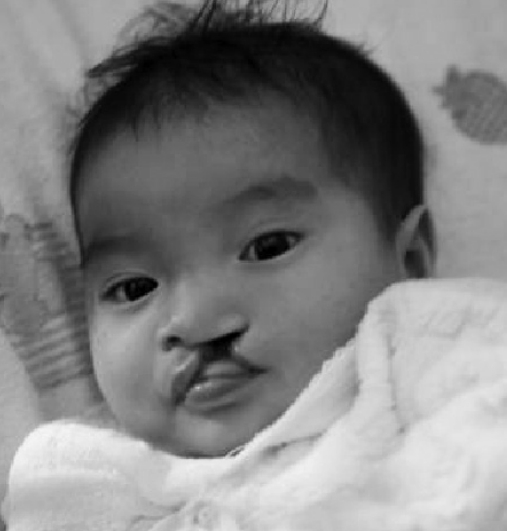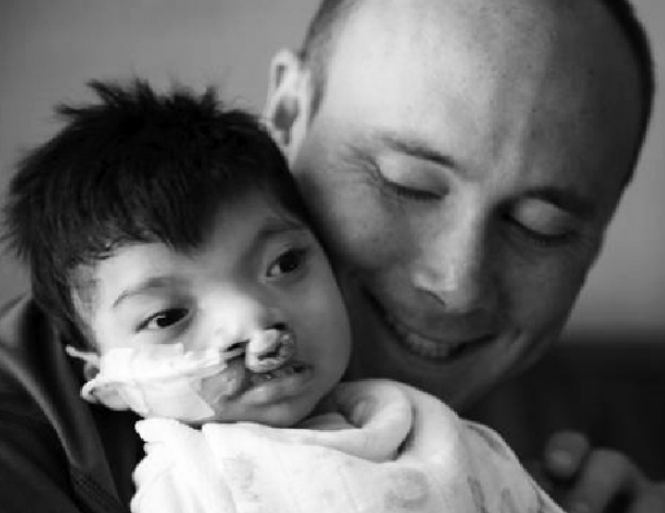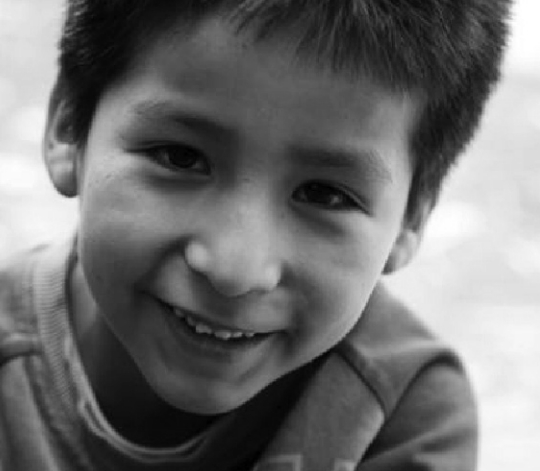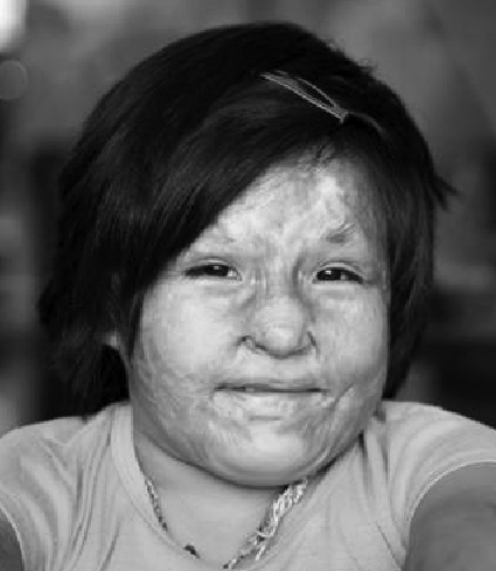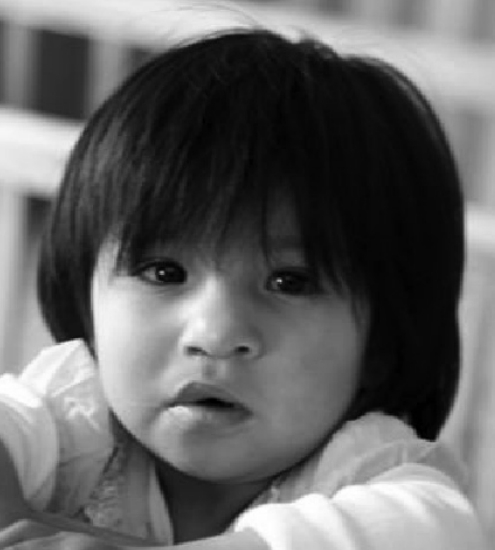Villa la Paz Newsletter December 2013
Incarnation: Christian Theol.
Effectuation of the hypostatic union through the conception of the Second Person of the Trinity in the womb of the Virgin MaryHypostasis: Christian Theol.
the union of the wholly divine nature and of a wholly human nature in the one person of Jesus Christ (in fullhypostatic union)Kenosis: Christian Theol.
the voluntary abasement of the Second Person of the Trinity in becoming man
Webster’s New World Dictionary Third College edition
1 In the beginning was the Word, and the Word was with God, and the Word was God.
2 He was in the beginning with God.
3 All things came to be through Him and without Him nothing came to be. What came to be
4 through Him was life, and this life was the light of the human race,
5 the light shines in the darkness and the darkness has not overcome it.
14 And the Word became flesh and dwelt among us, and we saw His glory, the glory of the Father’s only son full of grace and truth.
John 1:1-5, 14
It was an ordinary night with ordinary sheep and ordinary shepherds.
Then the sky exploded with brightness. Trees that had been shadows jumped into clarity.
Sheep that had been silent became a chorus of curiosity. One minute the shepherd was dead asleep, the next he was rubbing his eyes and staring into the face of an alien.
The night was ordinary no more.
The angel came in the night because that is when lights are best seen and when they are most needed.
It happened in a most remarkable moment-a moment like no other.
God became man. Divinity arrived. Heaven opened and placed her most precious One in a human womb. God had come near!
In the mystery of Christmas, we find its majesty. The mystery of how God became flesh, why He chose to come, and how much He must love His people.
Max Lucrado
God’s primary purpose for becoming incarnate is grounded in the divine desire to love, to be our beginning and our end, to be “God with us,” in order that we might dwell in the presence of the divine.
Ilia Delio, OSF
from The Humility of God,
A Franciscan Perspective
Why the Incarnation? Why did God, Who is infinite, empty Himself and take on human flesh with its limitations and sufferings and become subject to and dependent on those He created? Two traditions exist to explain the why of the Incarnation. One tradition states that God took on human flesh to right the wrong that our first parents committed, that since an infinite being had been offended, only an infinite being could satisfy that offence and that satisfaction was obtained through the birth, death and suffering of the Second Person of the Blessed Trinity. However there is another tradition that goes back to the doctors of the early church and is clearly expressed in Franciscan spirituality. This tradition states that God embraces all of creation as a father embraces his children and that because of His infinite love for creation he wanted to enter it and become a part of it physically. As a person in love wants to be with the person loved, to be become one with the person loved, so God desired to enter creation and become one with it. His entry point into creation was a creature made in His image and likeness, the pinnacle of His creation, a human person. He demonstrated His preference for the poor and simple by being born in a stable, without fanfare or recognition, to a poor woman and her carpenter husband, attended to by lowing animals and poor shepherds. Since he was of the human condition he would experience the joys, sorrows, pleasures and sufferings so inherent to the human state. This then is what we celebrate at Christmas. We celebrate the Incarnation, the birth of Love among us and we celebrate Love’s desire to become part of the universe by becoming human. By physically entering the universe and taking on its elements, God has sanctified it, has clothed it with the dignity of the divine presence. The universe, then, must be respected, protected and loved and nowhere is this more imperative than in the respect, protection and love of God’s children. The children of the world and the children on these pages are the face of God and their joys, sorrows, pleasures and sufferings reflect His. Like Him at the Incarnation they are innocent and totally dependent on us for their care. Their unconditional love reflects His and our caring for them is redemptive.
The way to Christmas is through an ancient gate….It is a little gate, child-high, child-wide, and there is a password: “Peace on earth to men of good will.” May you, this Christmas, become as a little child again and enter into His kingdom.
Angelo Patri
It is good to be children sometimes, and never better than at Christmas, when its mighty founder was a child himself. Henry Law
My gratitude to you for making the care of our children possible is inexpressible. Thank you for sharing with us during the past year. May your Christmas be blessed and joyous and your New Year fulfilling and prosperous. The year 2013 has been a difficult one for many. I want to leave you with a prayer that speaks of our hopes and aspirations for 2014.
Eternal God, this holy night is radiant with the brilliance of your one true light. May that light illuminate our hearts and shine in our words and deeds. May the hope, the peace, the joy, and the love represented by the birth in Bethlehem this night fill our lives and become part of all that we say and do. May we share the divine life of your son Jesus Christ, even as He humbled Himself to share our humanity.
Reverend Richard J. Fairchild


